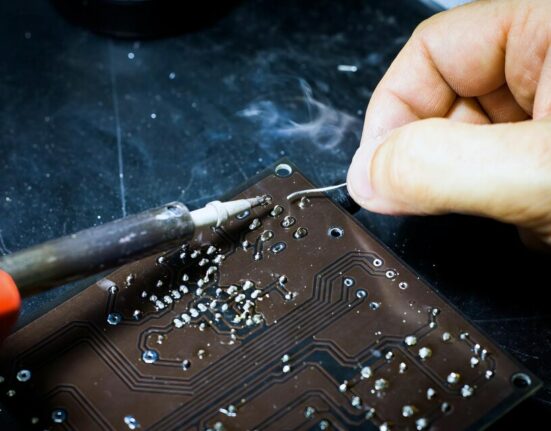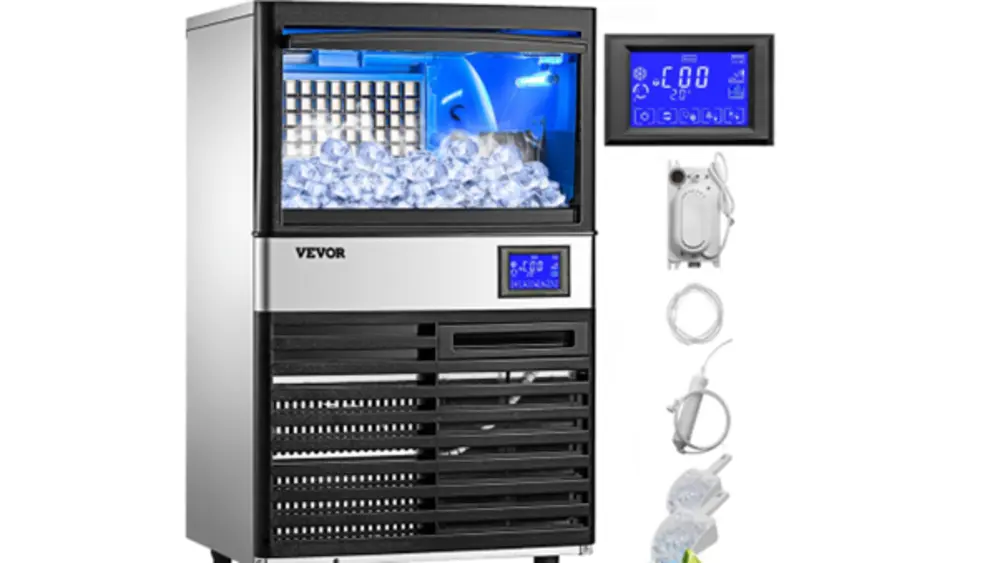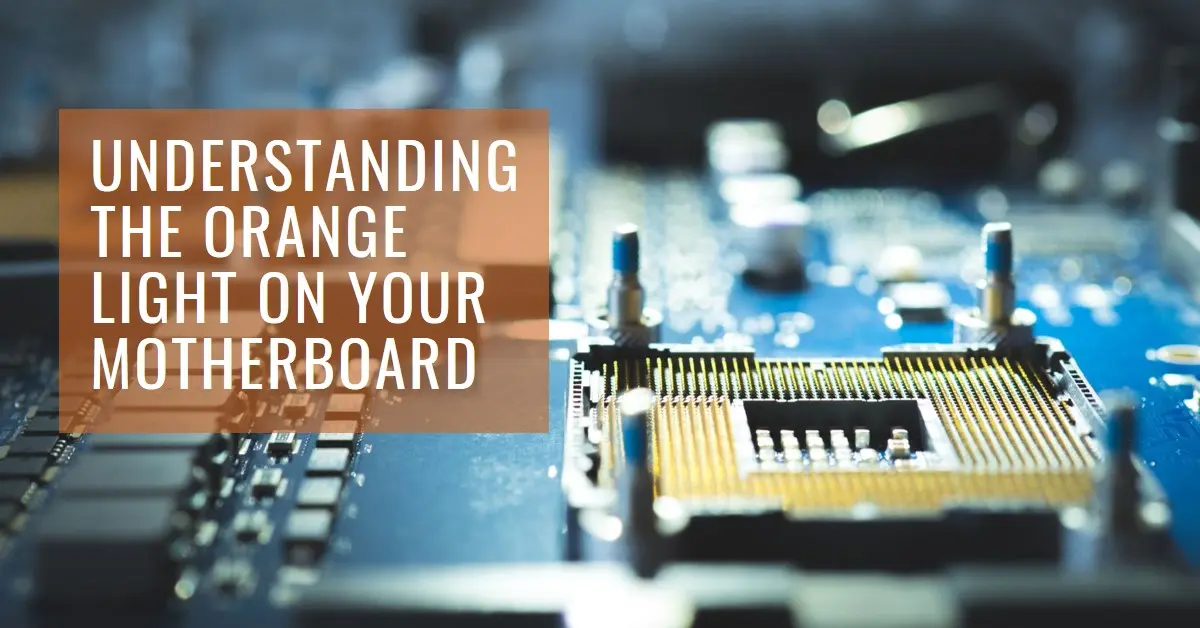To achieve a healthy life, water is crucial for humans. Drinking pure, clean, and safe water is a basic necessity. For everyone, clean water is vital for drinking, cooking and other everyday uses, such as bathing, cleaning, washing clothes, etc. It not only makes our lives better but also satisfies the goal of hygiene. Consumption of tap water can lead to serious health problems and sometimes, the result can be very harmful. The risk of diseases such as cancer is minimized by the water purifier system. There are various benefits of using water purification systems, such as it ensures we consume good quality of water, removes chlorine and makes it healthy to drink, purification machines instantly remove the available lead volume in the water, will keep your digestive system well, and also will keep the environment safe and clean. If you’d like to eliminate all the other contaminants and pathogens from your drinking water and have safe water consumption, it’s the right time for you to get a water purifier. There are two types of water purifiers available that includes electric and non-electric water purifier. Before buying the best RO purifier, non-electric water purifier, or electric water purifier, you should understand them, their differences, and then decide which one is better for you.
What are Electric Water Purifiers?
Electric water purifiers are known to be several times, in addition, higher than the water purification standard. Integrated with advanced and new technologies, they make sure that impurities and viruses do not make their way to your drinking water, even minute to minute. Reverse osmosis (RO) and/or ultraviolet (UV) systems are used for most electrical purifiers. Dissolved solids (TDS) are separated by electric water purifiers such as RO water purifier, which makes hard water soft. Whereas water purifiers based on UV eliminate microorganisms. With a combination of RO plus UV, the electric water purifier makes water softer and maintains TDS and pollutants. Dissolved solids, TDS, and toxins are removed by the electric water purifier.
What are Non-Electric Water Purifiers?
Non-electric water purifiers operate and function without electricity, also known as gravity-based water purifiers and these are best for purifying water from sources like municipal corporation water supply. They are perfect for situations where a shortage of electricity is prominent or you’d like to consume less electricity. To purify water, they use gravity or water pressure. Sediments, a substance that sticks to the bottom of the water bottle, are separated by non-electric water purifiers such as sediment filters. The activated carbon water purifier eliminates toxins, chlorine, and pesticides from organic compounds and improves the taste and odor of water. But dissolved solids are not replaced by activated carbon. And also, non-electric water purifiers do not change hard water into soft water.
Difference Between Electric and Non-Electric Water Purifiers:
Technologies for water purification have progressed over centuries, rendering many lives hassle-free while ensuring clean and healthy drinking water. The conventional methods of purifying water have been absorbed into newer technologies that operate more efficiently. Today, depending on size, affordability, capacity, technology, etc there are numerous water purifiers for people to choose from.
It is very clear that energy consumption is not just the difference between these two forms of water purifiers. The main difference between these two water purifiers lies in the process of purification. But there are also other variables that serve as differentiating factors between the two, aside from electricity. Here are five factors that distinguish electrical water purifiers from non-electrical ones.
1) Technology used for Purification:
Mostly the electric water purifiers are made with reverse osmosis (RO) and ultraviolet (UV) systems. In order to destroy the microorganisms, present in the water, electric water purifiers pass through the RO membrane and UV systems. Whereas sediment filters, activated carbon filters, and ultra-fine filter membranes are only used in the non-electric water purifiers.
2) Various Types of Purification:
Both types of purifiers work and remove a particular group of impurities differently. Electric purifiers operate mainly on dissolved solids, viruses, and bacteria, most of which are present in urban water. Non-electric purifiers take care of dissolved contaminants, germs, bacteria, suspended matter, and sand, which are essential to what rural water contains as an initial supply.
3) Cost:
Both non-electric water purifiers come at a price far lower than electric water purifiers. RO purifiers without the UV system have a considerable cost relative to the others among the electrical models. At a lower price than that of an electric one, you can get almost all the non-electric purifiers.
4) Treatment of Incoming Water:
If the water looks turbid in your location, contains tons of contaminants, contains a high percentage of minerals, then electric water purifiers are ideal without a doubt. The consistency of the water is not as poor as the urban areas, and the minerals are the only problem in the water that the non-electric water purifiers are for you.
5) Other Differences:
There are still other factors you should be considering while choosing the best RO purifier like It is difficult for non-electric purifiers to turn the incoming hard water into soft water. If you have a sufficient amount of water for all purposes, it may not be a problem. An electric purifier normally occupies a clean, leak-proof vacant position in the kitchen, so during installation, an electric purifier can be a major concern.
If you are considering buying water purifiers and looking for the best non-electric water purifier or best RO purifiers available in the market, then ZeroB is the best option for it. ZeroB offers one-stop water solutions for the home and provides you water that is pure and safe for drinking. Their products offer ultimate protection against all water-borne diseases and make sure to give complete protection and also, ZeroB’s products are tested and certified to conform to USEPA / IS standards. To know more about their water solutions for home, RO purifiers, and non-electric water purifiers head to their website.






